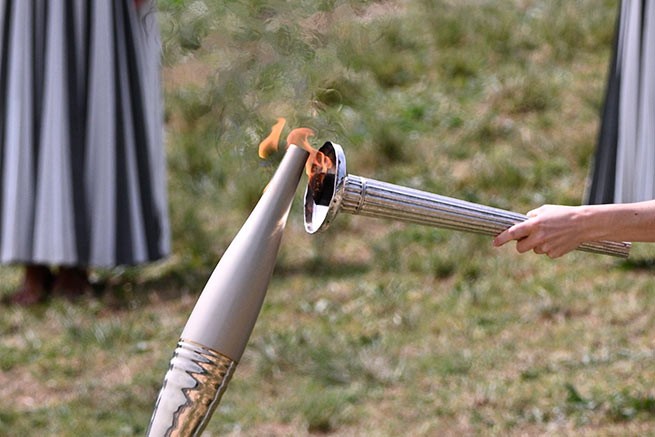Boiled eggs are one of my favorite daily breakfast foods. However, it is not always easy to cook them.
Eggs are the perfect food as they are high in protein, vitamins, almost no carbs and only 75 calories. After all, it is no coincidence that athletes prefer them in their daily diet. You can eat boiled eggs with a little salt and pepper to give you the energy you need for almost a few hours.
So, we come to the topic of cooking eggs. While this seems like a simple process, it’s actually not that easy. Depending on what kind you like: hard-boiled, in a “pouch”, poached (cooked without shells). In addition, it happens that, while cleaning the shell that has firmly “adhered” to the protein, some of it is thrown out. To prevent this from happening, there are life hacks that will make the process of boiling and peeling eggs simple and easy.
First, you need to understand how you want to cook it. It all depends on your taste preferences, and then everything is simple. To measure the correct time to boil eggs, you put eggs in a pot of cold water (if you take them out of the refrigerator and put them in hot water, the shell will crack and the egg will pour out) and start the countdown when the water boils. Through three minutes you will have an egg with a very soft yolk and semi-soft protein, through four minutes you will have an egg in which the white has solidified, but the yolk will still be liquid. Through five minutes the egg white will become firm and contain a semi-liquid yolk (soft-boiled eggs). Yolk six-minute eggs will still be a little soft while seven minutes preparations result in a typical hard egg (for example, if required for slicing into a salad). The times shown are for large eggs, so you should subtract a minute for averages and add a minute, if you are cooking very large ones.
Vinegar strengthens the shell. Experts suggest adding a small amount of vinegar to the water while boiling eggs. It should be noted that vinegar will not prevent the shell from cracking during cooking, but it does work on the egg white inside the shell, strengthening it so that if the shell cracks, the egg white will stay in the bag rather than spilling. Vinegar also helps egg whites thicken faster. You can use any vinegar you have in your kitchen. Even lemon juice can help: two teaspoons per glass of water, or three tablespoons per liter of water, added to the pot while boiling eggs “works wonders.” However, do not leave the eggs in the vinegar water after boiling. Once you take them out of the pot, rinse them under cold water.
With butter, you can easily peel eggs. According to the Bowl of Delicious, if you add 1-2 tablespoons of any vegetable oil to the pot in which you boil your eggs, it will penetrate the porous shell and form a layer of lubricant between the membrane and the egg white. This means that when it comes time to peel the eggs, the shell will be easy to remove.






More Stories
Macedonian halva celebrates 100th anniversary
Greek "METAXA" among the most fashionable brandies according to Drinks International Report 2024
10 special and very tasty Greek cheeses